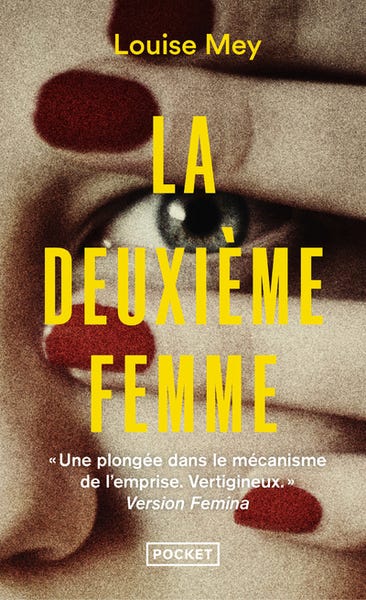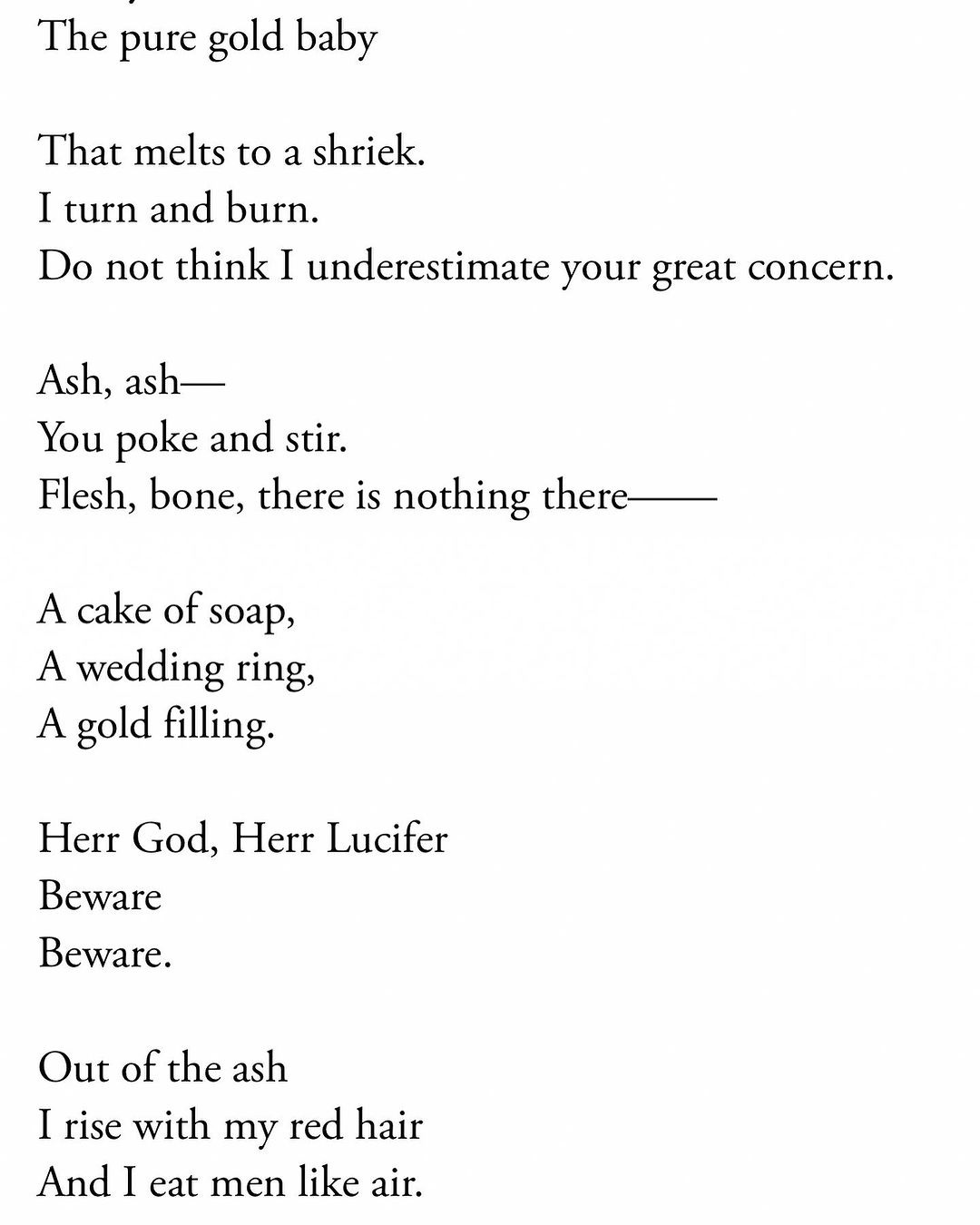Being close to a body of water brings me such joy. So, our two weeks of travelling around the coast of Brittany in a camper van was a welcome break from Paris and Montreuil. Fresh oysters, salted butter, daily walks, and gorgeous weather. Since returning, I have been dipping in and out of By the River. This collection of short stories is my daily water therapy if you will.
While passing through several small coastal towns, often spotting fishermen on or around their boats, I thought about the girls and women who live there. Having listened to Les filles du village (Un podcast à soi) before going on holiday, I was preoccupied with what it must be like to grow up in a remote place, not only as a girl or woman but as a queer person, as a person of colour, basically anybody who is not a white man.
To return to the podcast episode, which covers French teenage girls living in the countryside, I recommend listening to it. From dealing with the negative behaviour of their mums’ boyfriends to playing a significant role in household duties, these girls often leave home to study for a future in caregiving roles. Their absence is felt by the mothers, as older male siblings aren’t expected to help out with household chores and are instead encouraged to get their driving license. Often, they inherit the car of an older relative who no longer needs it.
Being so far from everything can obviously be a considerable disadvantage. For example, access to family planning, therapy, and school is arduous, especially if you rely on public transport.
It feels like a privilege to access intimate moments between these teenage girls as they spend time together, sing alone in their room, share their experiences with teenage boys. The episode also brought my attention to Les filles du coin: vivre et grandir en milieu rural, which I promptly reserved with my library.
If you are looking to practise your French listening skills, this is one of the most accessible episodes to start with and build your confidence. There are quite a few of us from book club who are fans of the podcast and its presenter, Charlotte Bienaimé. Thanks to Erin, a friend of the book club and podcast, who put it on my radar.
60 second book club
You can find La deuxième femme (“The second woman”) in French bookshops on the crime novel shelf (polar). It was published in 2020 and written by Louise Mey, a French feminist writer whose novels focus on violence against women. I first heard of it a few weeks ago when reading or listening to something related to gender-based violence.
The story revolves around Sandrine, a single woman in her thirties, who grapples with deep-seated self-loathing. We discover that her self-esteem struggles are rooted in her father’s past cruelty. But Sandrine also falls prey to a societal lie that many women are familiar with: We are of little to no worth until a man loves us.
Sandrine enters into a serious relationship with l’homme qui pleure (“the crying man”), a grieving widower whose wife has disappeared in mysterious circumstances. *Alarm bells start ringing.* Without giving too much away, Sandrine finds her autonomy slowly being removed by the man she believes she is in a loving relationship with.
When the wife of l’homme qui pleure reappears on the scene, the tension becomes almost unbearable.
My heart was in my mouth reading this book; it’s like you’re in the room with Sandrine. Admittedly, I’m always conscious of fiction that deals with heavy topics: Do they fall into the trap of clichés, ramp up the drama, and so on? We see so much violence against women on screen that I don’t want to see harmful stereotypes on the page.
Louise Mey did a solid job. The ending veered towards the dramatic, similar to a film, but I don’t want that to take away from the overall body of work. It has left me with a desire to discover more of her work.
La deuxième femme got me thinking of a recent interview with Emmanuel Macron in Elle France. For context, l’homme qui pleure is a father and Sandrine ends up becoming a substitute parent for his son.
Macron seems to be convinced that a father’s presence is essential to the family unit. *Takes a deep breath.* Now, I could kind of get behind the following sentiment because of personal experience:
Il y a une chose que je trouve insupportable, c’est que l’on accepte l’absence de rôle des pères dans ces familles.
I find it unbearable that we accept the absence of a father within families.
My parents were never married and my dad is not named on my birth certificate. Rumour has it, he was at a three day wake in Ireland, his homeland, when I was born. As far as I know, he refused to acknowledge me as his daughter and also refused to contribute financially to the cost of raising me. It is something that still doesn’t sit well with me. This man, whom I have never met and probably never will, completely shirked his parental responsibilities and got away with it.
Back to Macron who pushes the paternal topic further with views that I would call traditionalist. He talks of duty, enforced paternal visits and parental projects. But what about LGBTQ+ parents? What about women with children who are trying to escape violent partners/fathers? What about women who choose to be mono-parents through PMA?
As this Liberation article states, instead of sharing simplistic ideologies and further enforcing the idea that fathers are essential to uphold authority within the family unit, why not put more effort into helping mono-parents - 83% of whom are mothers in France - who are poorly housed and more often than not hovering on the poverty line?
La deuxième femme also got me thinking (yet again) about female rage. And what drives women to violence. I’d like to develop this further in a future newsletter but for now I will leave you with this article in English and this podcast episode in French (one of a four part series.)
Bumble fumbles its latest ad campaign
Bumble’s big plans to combat dating app fatigue backfired when they released their new ad campaign with the tagline, “You know full well a vow of celibacy is not the answer.” *awkward silence*
As someone who used to work in French ad agencies, I’d have loved to have been a fly on the wall in the meetings where this campaign was being developed. Did the copywriter(s) meet some resistance? Did the person with the most power find it funny and simply disregard the concern? Or was there no resistance whatsoever, and everybody signed off on this?
Critics (rightly) argue that the ad shows a lack of recognition for lost/threatened reproductive rights, previous sexual traumas that prevent the enjoyment of sex, individuals who choose to be celibate, as well as feeding into the patriarchal idea that something is wrong with women who don’t automatically want to have sex with men they meet on dating apps.
Despite my heavy cynicism towards brands and their campaigns in general, I’ll admit that Bumble’s response showed a willingness to admit their wrongdoing and attempt to make things right instead of doubling down.
They quickly removed the ads, publicly apologised, and donated to the National Domestic Violence Hotline and other organisations that support women. They also committed to replacing their ads with promos for the hotline and other organisations.
Hope you enjoyed reading. Feel free to leave your thoughts in the comments section or show your appreciation by clicking on the heart icon. Lou xx
A note on The FBC Paris
If you’re new here, welcome! The FBC Paris is a passion project. Read our mission statement.
Follow us on Instagram: this is where you can find out everything about our monthly book clubs.
Listen to the podcast: I chat to authors, translators, friends of the book club, and booksellers.
If there is anything you’d like to see featured in the newsletter or have something to contribute, send an email to thefbcparis@gmail.com







"As someone who used to work in French ad agencies, I’d have loved to have been a fly on the wall in the meetings where this campaign was being developed. Did the copywriter(s) meet some resistance? Did the person with the most power find it funny and simply disregard the concern? Or was there no resistance whatsoever, and everybody signed off on this?"
Le sigh. Oh how I can relate (fortunately those days are long behind me).
Thanks for this Lou <3 You made me want to run to the closest book shop to get La deuxième femme, I’m a big fan of crime novels! (That’s how I started reading when I was a kid, with Mary Higgins Clark haha).
I’m very curious about female rage as well, as we don’t get to read about that a lot. I have Dolores Claiborne by Stephen King on my list because I think it tackles a similar subject, and I read a great paper on this subject that explores domestic violence and conflict through gender symmetry/asymmetry and control practices. Super interesting to understand female violence.